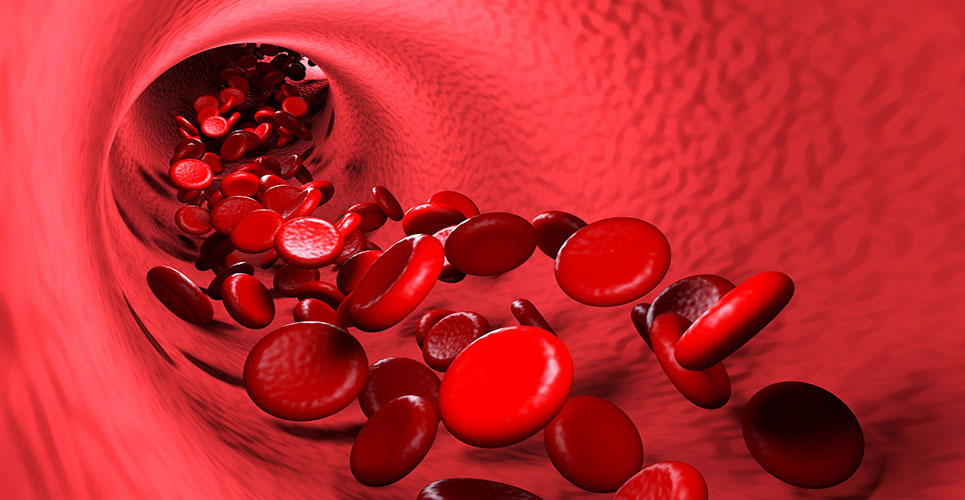teaser
A “biobattery” implant that accurately times the release of drugs anywhere in the body has been developed by a team at the University of Wollongong in New South Wales, Australia.
Electrostatic charges that hold an anti-inflammatory compound to a magnesium alloy anode and a polymer cathode are reversed as the anode oxidises, releasing molecules of the drug.
The implants are based on stents developed to keep damaged blood vessels in shape while they heal. Magnesium is used because it corrodes safely inside the body when its job is done.

The team coated the magnesium alloy with a biodegradable polymer that slowed its corrosion and enabled the drug-delivery rate to be fine tuned.
Team leader Gordon Wallace told the Medical Bionics meeting in Lorne near Melbourne that the “biobattery” may be used in any implant that corrodes, such as titanium hip joints.
Copyright Press Association 2008

